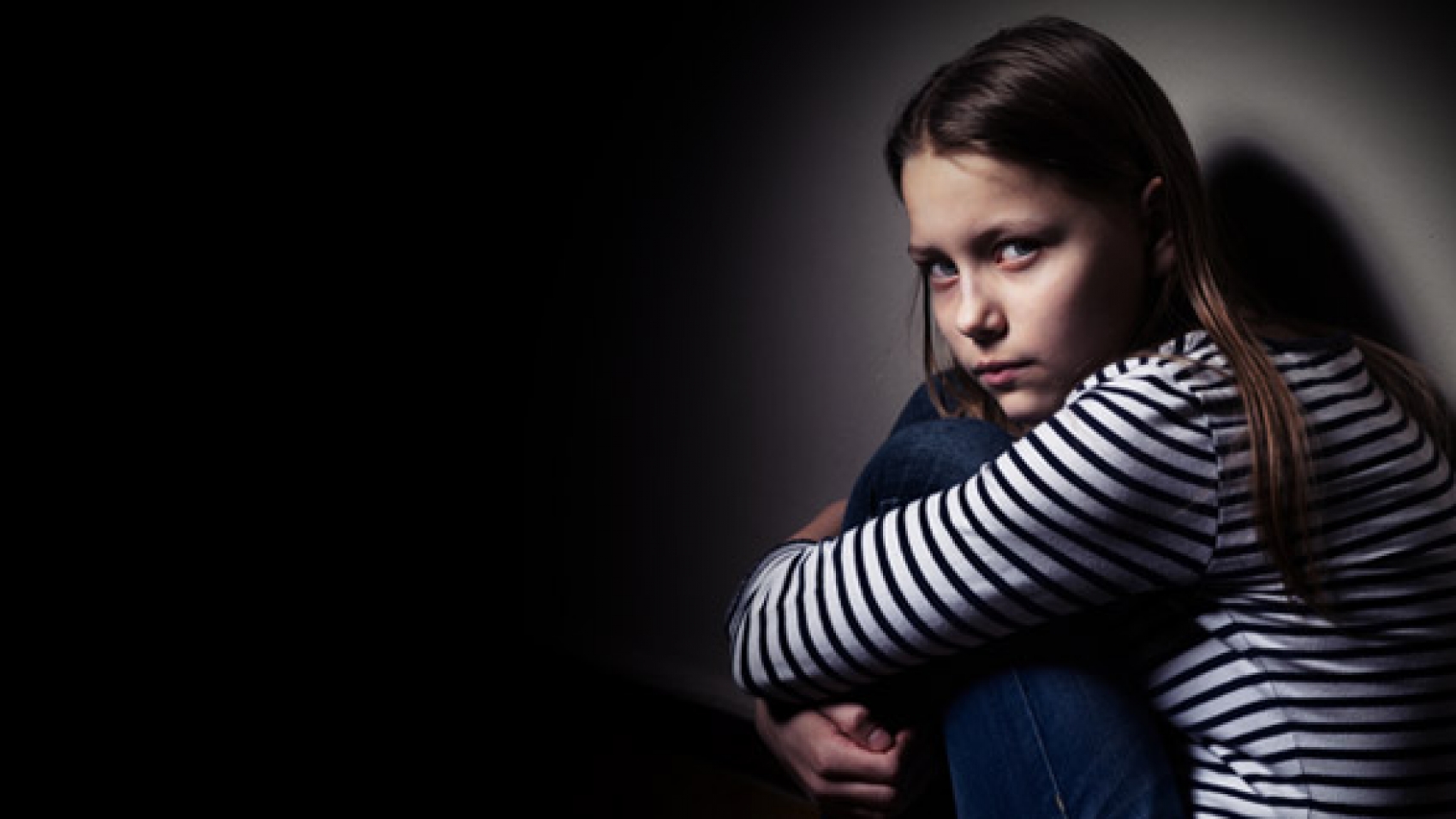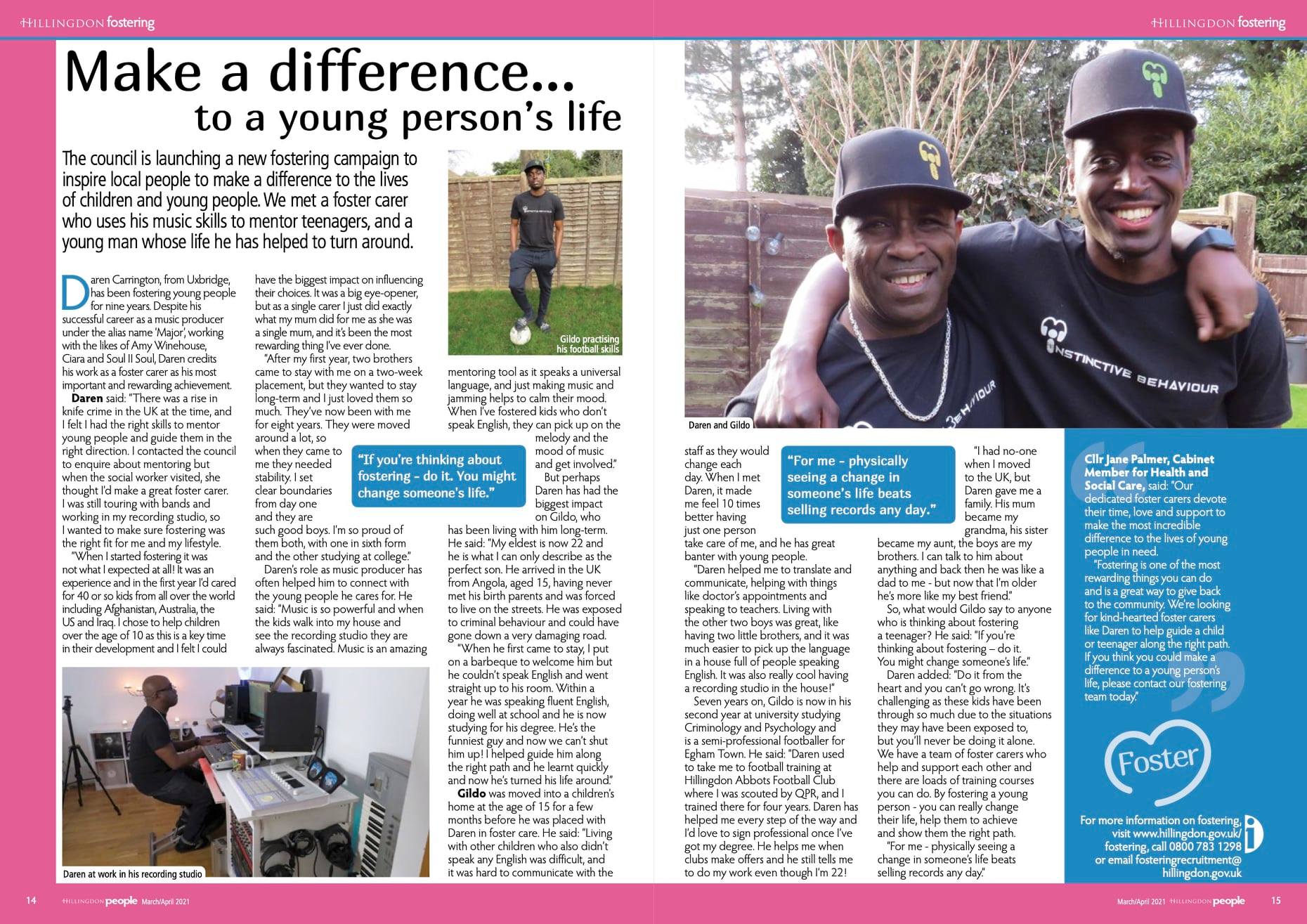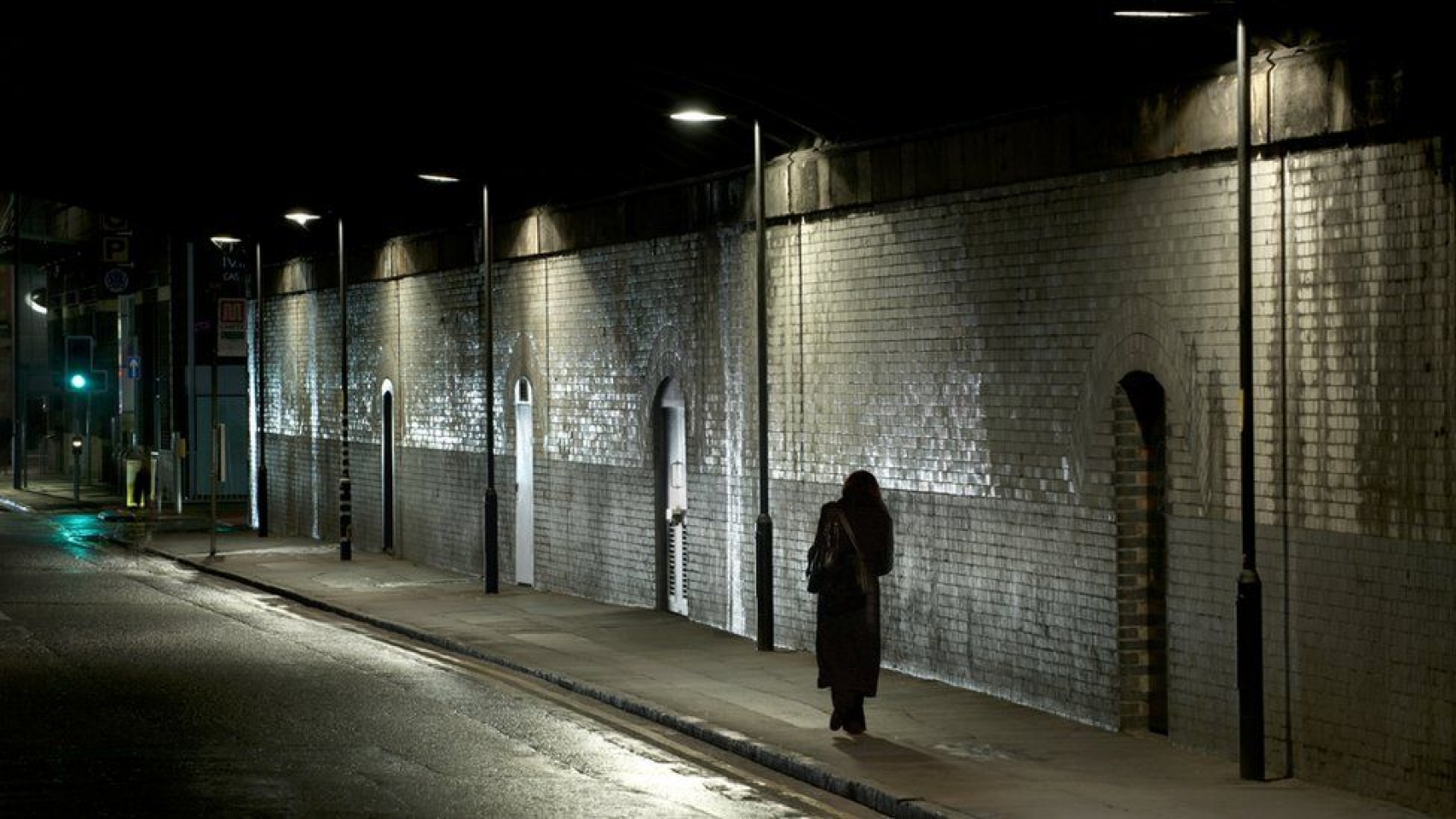Source: BBC
New safety measures after killing “Immediate steps” aimed at improving safety for women and girls in England and Wales have been announced by No 10 after Sarah Everard’s death.
Among them is an additional £25m for better lighting and CCTV as well as a pilot scheme which would see plain-clothes officers in pubs and clubs.
Campaigners say the money is not enough and called for institutional changes.
Labour said meaningful changes to law are needed rather than plans involving “police officers in skinny jeans”.
It comes after hundreds of people protested in central London on Monday.
Ms Everard went missing while walking home from a friend’s house on 3 March.
Her body was later found in woodland in Kent and Metropolitan Police officer Wayne Couzens, 48, has been charged with the 33-year-old marketing executive’s kidnap and murder.
Following a meeting of the government’s Crime and Justice Taskforce on Monday evening, Downing Street said it would take “immediate steps” to give “further reassurance” to women and girls in the wake of the killing of Ms Everard.
No 10 said it would double the size of the Safer Streets fund – which provides local measures such as better lighting and CCTV – to £45m.
Undercover police will be sent to clubs, bars and popular nightspots to relay intelligence about predatory or suspicious offenders to uniformed officers, in pilots of so-called Project Vigilant, rolled out across the country.
Safeguarding minister Victoria Atkins said undercover officers working in the night-time economy would feed intelligence to uniformed officers.
She said the government would work with businesses and police to ensure, as the industry reopened following the coronavirus lockdown, “that women can feel safe in our streets”.
Prime Minister Boris Johnson – who chaired the meeting – said the government was bringing in “landmark legislation” to toughen up sentences and put more police on streets.
He said: “Ultimately, we must drive out violence against women and girls and make every part of the criminal justice system work to better protect and defend them.”
‘Caught on the hop’
But Labour’s shadow domestic violence minister Jess Phillips told BBC Breakfast that in her years of experience, she had not come across experts or victims calling for more CCTV in public spaces.
She accused ministers of being “caught on the hop” and rolling out plans involving “police officers in skinny jeans” rather than meaningful changes to legislation regarding street harassment, or a detailed review of how rape is prosecuted in England and Wales.
The shadow home secretary, Labour’s Nick Thomas-Symonds, said the measures were “nowhere near good enough” and called for “urgent action” on issues like harassment of women, domestic homicide sentencing and more support for victims of rape.
Labour MP Stella Creasy told BBC Radio 4’s Today programme more funding for better street lighting was not unwelcome, but “it really just doesn’t understand what the issues are”. She said measures focused on policing nightspots do not recognise “that women get abused, assaulted and intimidated in all sorts of places”.
Dr Ellie Cosgrave, a lecturer in urban innovation and policy at University College London, said it was right that the government consider lighting as a way to help make cities safer, but added: “You can’t just shove a light in and hope that the public space will be better.”
She told BBC Radio 4’s Woman’s Hour that “over-lighting” some areas in a city can make other areas feel less safe.
Dr Cosgrave said the best action ministers can take to make cities safer is to understand the “social dynamics” of an area by conducting surveys, speaking to people, and implementing change based on what they say.
‘Structural changes’
Foreign Secretary Dominic Raab told BBC Breakfast it was good news that more women were feeling more confident to report rape allegations, but he added “we still haven’t done well enough to get the evidence that can secure convictions”.
A spokeswoman for organisation Reclaim These Streets said it welcomed additional funding but did not believe funding alone would create the structural changes which were “so important”.
“Women won’t be able to trust that they are safe until misogyny and racism are tackled at an institutional level within government, police and the criminal justice system,” she said.https://emp.bbc.co.uk/emp/SMPj/2.39.19/iframe.htmlmedia captionDania Al-Obeid: “All I wanted was to stand with other women”
Home Secretary Priti Patel had warned against holding vigils, and has launched a review into the policing of a gathering over the weekend in south London in memory of Ms Everard.
During that event, officers handcuffed and removed several women after crowds gathered on Clapham Common to lay flowers and pay their respects.
On Monday, hundreds marched across central London in what was said to be a meeting by Sisters Uncut, which describes itself as an “intersectional feminist direct-action collective”, with many of those in attendance carrying placards.
Four people were arrested – three on suspicion of breaching coronavirus regulations and a fourth on suspicion of assaulting an emergency worker. A further two people were issued with fixed penalty notices, the Metropolitan Police said.
Protests will be able to legally resume on 29 March, when the coronavirus “stay at home” order lifts in England.
The prime minister’s spokesman said demonstrations will continue to be subject to Covid-secure precautions such as appropriate measures to maintain social distancing.
Meanwhile, MPs will continue debating the Police, Crime Sentencing and Courts Bill later, which would change how protests are managed, including allowing police to impose conditions such as start and finish times.
Labour has criticised the bill saying it did “nothing to help women feel safer”, and imposed “disproportionate” controls on freedom of speech.
Ms Patel said the bill would end the halfway release of those convicted of sexual offences such as rape and also said the Domestic Abuse bill was on track to receive royal assent by the end of April, which she said would “transform our collective response to this abhorrent crime”.















